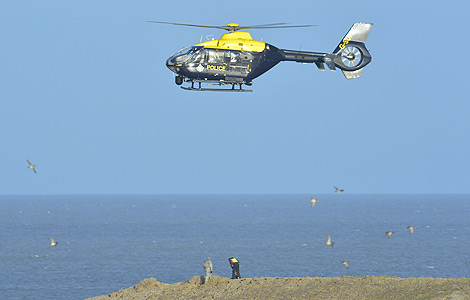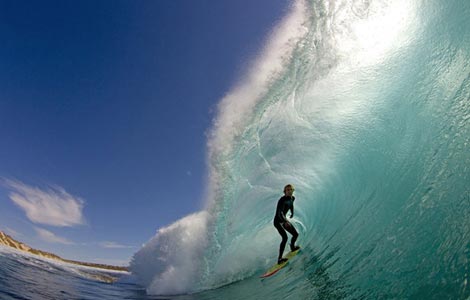Fishing rules are 'normal practice'
Updated: 2014-01-10 00:38
By Li Xiaokun and Zhang Yan (China Daily)
|
||||||||
Foreign vessels need permission to enter Hainan waters since Jan 1
Hainan province's demand that foreign fishing vessels entering its waters seek China's approval is a normal practice, the Foreign Ministry said on Thursday, refuting reports that it reflects Beijing's tougher stance on territorial disputes.
"The goal is to strengthen the security of fisheries resources and to reasonably utilize and exploit them," ministry spokeswoman Hua Chunying said at a regular news conference when asked about the rules.
"It is absolutely a normal routine practice" for an ocean state, she added.
The regulation, approved by the provincial legislature of Hainan on Nov 29, took effect on Jan 1.
It requires foreign fishing boats and foreigners to seek permission from relevant departments under the State Council to fish or carry out surveys on fisheries resources within waters administered by the southernmost island province.
Hainan, which administers 2 million square km of water, said the new rule is to protect local fisheries resources.
The news came into focus after foreign media highlighted it on Wednesday.
The reports described the regulation as akin to Beijing's late November announcement of its Air Defense Identification Zone, which requires foreign planes to notify the Chinese government of flights through the zone. The area covers China's Diaoyu Islands.
The Philippines' Department of Foreign Affairs said on Wednesday that Manila is checking the information.
"We are verifying the news with our embassies in Beijing and Hanoi," said Foreign Affairs spokesman Raul Hernandez.
Peter Paul Galvez, a Philippine defense department spokesman, told Reuters that Manila was ready to enforce fishing rules in the country's exclusive economic zone, which include regulations on the type of fish that can be caught.
Chen Qinghong, a researcher on Philippine studies with the China Institutes of Contemporary International Relations, said, "the regulation is just a step for Hainan to complete local fisheries regulations and standardize law enforcement".
"It should not be interpreted as Beijing adopting a tougher stance in pushing forward territorial claims. In my opinion, it has been sensationalized by media."
Wang Hanling, an expert on maritime law with the Chinese Academy of Social Sciences, said the new rule targets severe infringement by foreign fishing vessels.
He said the new rule was also based on China's increasing capability to protect its maritime interests.
"It is not targeting certain countries. Due to various reasons, China has not been strict in maritime administration. Now we are making more efforts, not just in the South China Sea, but also in other directions such as the Yellow Sea and the East China Sea."
Despite the new rule, Beijing will likely seek to avoid increasing frictions by enforcing them too zealously, City University of Hong Kong China politics expert Joseph Cheng told the AP.
China's fisheries law allows confiscation of catches and fishing equipment as well as fines of up to 500,000 yuan ($83,000) for violators. Those who commit crimes will be investigated for criminal responsibility.
Contact the writers at lixiaokun@chinadaily.com.cn and zhangyan@chinadaily.com.cn
- Military plays down naval 'near-miss'
- China cautions US on South China Sea issue
- China, US communicate effectively over warship encounter
- China dismisses Japan's opposition to S China Sea ADIZ
- Carrier embarks on mission to South China Sea
- Turn South China Sea dispute into China-Vietnam co-op bonanza

 Fidel Castro makes rare public appearance
Fidel Castro makes rare public appearance
 Migrants feel pain of separation
Migrants feel pain of separation
 Websites to be liable for sales of bad food, medicine
Websites to be liable for sales of bad food, medicine
 Largest sushi mosaic created in HK
Largest sushi mosaic created in HK
 UK police pick through US helicopter crash site
UK police pick through US helicopter crash site
 Riding the waves down under
Riding the waves down under
 The long-living rich in China
The long-living rich in China
 US skiing star Lindsey Vonn out of Sochi Olympics
US skiing star Lindsey Vonn out of Sochi Olympics
Most Viewed
Editor's Picks

|

|

|

|

|

|
Today's Top News
China's role in Middle East will be enhanced: FM
Abe's new frontiers: Africa, Middle East
Rodman sorry for Bae comment
Reunion proposal rejected by DPRK
Apology urged for insulting Chinese
China's oil pipelines riddled with defects
Higher targets set for emission reduction
Analysts weigh in on reform effects
US Weekly

|

|






